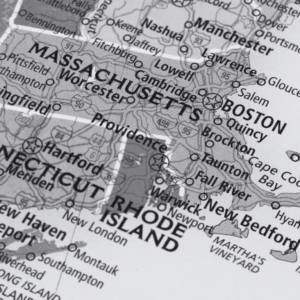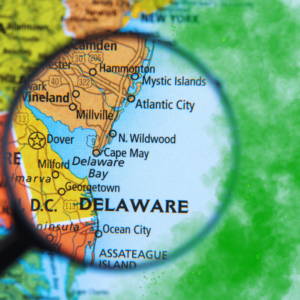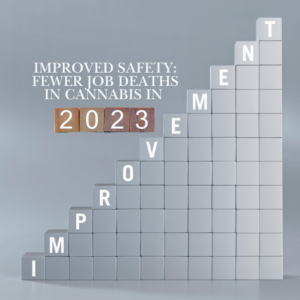Delta 9 Fights Creditors with Store Sales, Seeks Protection

Well-Known Player in Manitoba’s Cannabis Industry Faces Significant Challenges
Delta 9, a prominent cannabis producer and retailer in Manitoba, is facing a precarious future. The company, known for its recreational cannabis products, has obtained an initial order for creditor protection due to challenges in an oversaturated cannabis market.
Selling Operations to FIKA
To manage its financial difficulties, Delta 9 has agreed to sell its retail and logistic operations, along with some of its debt, to FIKA, an Ontario-based cannabis company operating around 140 stores across Canada.
Industry-Wide Challenges
John Arbuthnot, who co-founded Delta 9 with his father, highlighted the issues plaguing the cannabis industry, including market saturation and shrinking profit margins. “What anyone at the time, three to five years ago, would have said is proper capital allocation is now looking back saying, ‘The math doesn’t add up anymore,’” said Arbuthnot, Delta 9’s CEO.
Seeking Creditor Protection
Delta 9 decided to seek creditor protection after evaluating its financial health and its ability to repay debts. Creditor protection allows financially troubled companies to restructure their operations to aid recovery.
Pressure from SNDL Inc.
Calgary-based SNDL Inc. added to Delta 9’s financial strain by purchasing its senior debt and demanding a $28 million repayment last week. Delta 9’s news release described SNDL’s actions as “aggressive.”
Brad Poulos, a cannabis industry expert and lecturer at Toronto Metropolitan University, suggested that SNDL may have been positioning itself to acquire Delta 9 and its assets.
Selling Operations and Seeking Investors
Delta 9 has secured a binding term sheet to sell part of its operations to FIKA while seeking potential investors or buyers for its production side. Arbuthnot emphasized the positive impact of these transactions for stakeholders, preferring this outcome over SNDL’s approach.
Historical Context and Business Operations
Founded in 2012, Delta 9 was the first licensed producer of medical cannabis in Manitoba and the fourth in Canada. The company now operates a 95,000 sq. ft. production facility in east Winnipeg and runs 16 stores in Manitoba and five more in Alberta and Saskatchewan.
While the retail outlets have been profitable, cultivation has presented challenges for Delta 9. The company laid off 40 workers and scaled back growing operations early in 2023 but ramped up production by the end of the year.
Future Outlook
Arbuthnot remains confident in the value of Delta 9’s products and branding, stating, “I certainly believe that what we’ve built here has staying power and would expect that to survive for years into the future.”
He does not foresee any immediate layoffs at Delta 9 but acknowledged the uncertainty of the creditor protection process.
Interim Financing and Loan Repayment
FIKA is set to provide Delta 9 with $16 million in interim financing and another $13 million to repay part of SNDL’s loans.
Industry Expert Insights
Poulos believes FIKA sees value in Delta 9’s storefronts and anticipates further consolidation in the retail market. He predicts a “fight of the giants,” noting the difficulties smaller players face in surviving until the number of retail locations stabilizes.
Manitoba’s cannabis regulator has issued over 200 retail licenses since the legalization of recreational cannabis in 2018. Poulos suggested that Delta 9 may have overextended by attempting to succeed in both production and retail.
Vertical Integration Strategy
Despite the challenges, Arbuthnot defends Delta 9’s strategy of vertical integration, stating it was wise to control multiple supply chain stages. He credits the retail segment with being “highly profitable” and a key factor in Delta 9’s resilience.
As Delta 9 navigates creditor protection and restructures its operations, the outcome will be closely watched by industry stakeholders and consumers alike.











